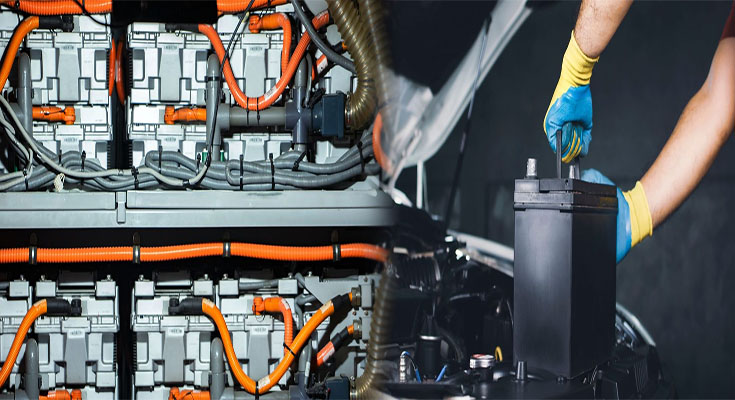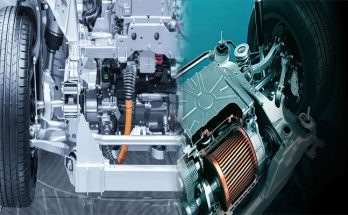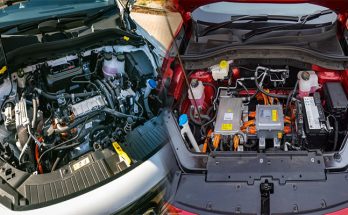As the popularity of electric cars continues to rise, the need for battery replacements and upgrades becomes a crucial consideration for electric vehicle (EV) owners. Over time, the capacity and performance of EV batteries may degrade, leading to a decrease in driving range and overall efficiency. In this article, we will explore the sizing considerations that need to be taken into account when replacing or upgrading electric car batteries.
1. Compatibility with the Vehicle
When considering a battery replacement or upgrade for an electric car, it is essential to ensure compatibility with the vehicle’s specifications and systems. Electric car manufacturers often have specific requirements for battery replacements to maintain optimal performance and safety. Therefore, it is necessary to consult with a qualified professional or the vehicle manufacturer to determine the appropriate battery size, voltage, and capacity that will integrate seamlessly into the car’s existing electrical system.
2. Range Requirements
Range requirements play a significant role in determining the size of the battery replacement or upgrade. Depending on the user’s needs and driving patterns, the desired driving range will directly impact the size and capacity of the new battery. If the original battery no longer meets the desired range, upgrading to a battery with a higher capacity can extend the driving range. However, it is important to balance range requirements with other factors such as cost and weight.
3. Weight and Space Considerations
The weight and physical dimensions of the replacement or upgraded battery are critical factors to consider. Electric cars are designed to accommodate specific battery sizes and weights, and altering these can affect the vehicle’s balance, stability, and performance. Ensuring that the new battery fits into the car’s existing battery compartment without compromising safety, weight distribution, or passenger space is essential. Advanced battery technologies may provide higher energy densities, allowing for increased capacity within similar or reduced physical dimensions.
4. Charging Infrastructure
The availability and accessibility of charging infrastructure also need to be considered when replacing or upgrading an electric car battery. If the vehicle is frequently charged at home or in areas with a reliable charging network, a smaller battery size might be sufficient. However, if long-range travel or limited access to charging stations is anticipated, a larger battery may be necessary to provide the desired driving range without compromise. Understanding the charging options and infrastructure in the area where the vehicle will operate is crucial for making an informed decision regarding battery sizing and capacity.
5. Cost-Benefit Analysis
Replacing or upgrading an electric car battery can involve a significant monetary investment. Therefore, performing a cost-benefit analysis is crucial before making a decision. Factors that should be considered include the cost of the new battery, any additional components or modifications required, potential savings from increased driving range or improved efficiency, and the expected lifespan of the battery. Consulting with experts or comparing different battery options can provide valuable insights into the overall cost and benefits of the replacement or upgrade.
6. Technological Advancements and Future-Proofing
Technology in the electric vehicle industry is advancing rapidly, often leading to advancements in battery technology. When considering a battery replacement or upgrade, it is essential to account for potential future technological developments. Opting for batteries with improved energy densities, longer lifespans, or compatibility with emerging charging technologies can ensure that the replacement or upgraded battery remains relevant and efficient for an extended period.
Sizing considerations for electric car battery replacements and upgrades involve careful evaluation of compatibility, range requirements, weight and space considerations, charging infrastructure, cost-benefit analysis, and future-proofing. Consulting with experts and staying informed about advancements in battery technology are crucial for making an informed decision. By selecting the right battery size and capacity, electric car owners can ensure optimal performance, extended driving range, and a more sustainable transportation experience.





